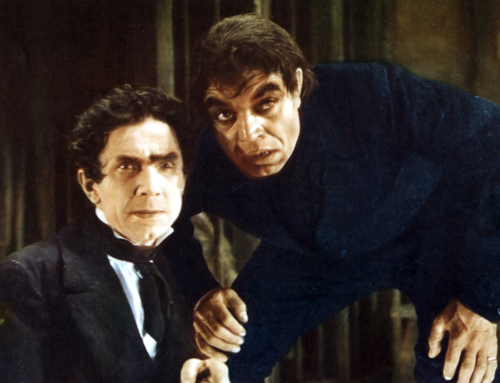When it comes to stories that make your hair stand on end everyone’s mind understandably goes to master of macabre Edgar Allan Poe. But what did Poe himself consider the best ghost story? Of William Gilmore Simms’s short story “Grayling, or Murder Will Out,” Poe wrote “it is really an admirable tale, nobly conceived and skillfully carried into execution—the best ghost story ever written by an American.”
Though not close friends, Simms and Poe were quite familiar with each other. They considered each other fellow laborers in the effort to create a native American literature and free American minds of their slavish devotion to all things English. The two men respected each other and admired one another’s work. In a review of The Wigwam and the Cabin, the collection of Simms’s short stories that contained “Grayling,” Poe declared that
all the tales in this collection have merit, and the first [“Grayling”] has merit of a very peculiar kind.” He also noted that “the fiction of Mr. Simms gave indication, we repeat, of genius, and that of no common order. Had he been even a Yankee, this genius would have been rendered immediately manifest to his countrymen, but unhappily (perhaps) he was a southerner, and united the southern pride—the southern dislike to the making of bargains—with the supineness and general want of tact in all matters relating to the making of money. His book, therefore, depended entirely upon its own intrinsic value and resources, but with these it made its way in the end… There is not one [American author] who surpasses him in the aggregate of the higher excellences of fiction.
Simms had a similar respect for Poe. While acknowledging that he suffered from defects of temper and capricious moods, Simms defended Poe against the author’s critics. “Mr. Edgar A. Poe is one of the most remarkable, in many respects, among our men of letters,” wrote Simms. He is possessed of “singular endowments of imagination.”
While they were alive, Simms was the better known author. However, history has been kinder to Poe than to Simms. While Poe’s tales are still widely read today, Simms’ vanished from the American literary canon. Agrarian writer Donald Davidson called the disappearance of Simms from the reader’s shelf an act of “literary murder.” Read “Grayling” and you can start raising the dead.
You can read “Grayling” in the Wigwam & the Cabin as a free Google eBook. The Simms Initiative is reading “Grayling” on YouTube. Readers interested in learning more about Simms and his literary and historical reputation can read:
“A Sober Desire for History:” William Gilmore Simms as Historian, by Sean Busick
Simms: A Literary Life, by John C. Guilds
This essay originally appeared here in October 2013.
The Imaginative Conservative applies the principle of appreciation to the discussion of culture and politics—we approach dialogue with magnanimity rather than with mere civility. Will you help us remain a refreshing oasis in the increasingly contentious arena of modern discourse? Please consider donating now.
The image of William Gilmore Simms is from the Brady-Handy collection at the Library of Congress. According to the library, there are no known copyright restrictions on the use of this work. It appears here courtesy of Wikimedia Commons. The featured image is courtesy of Pixabay.








Leave A Comment